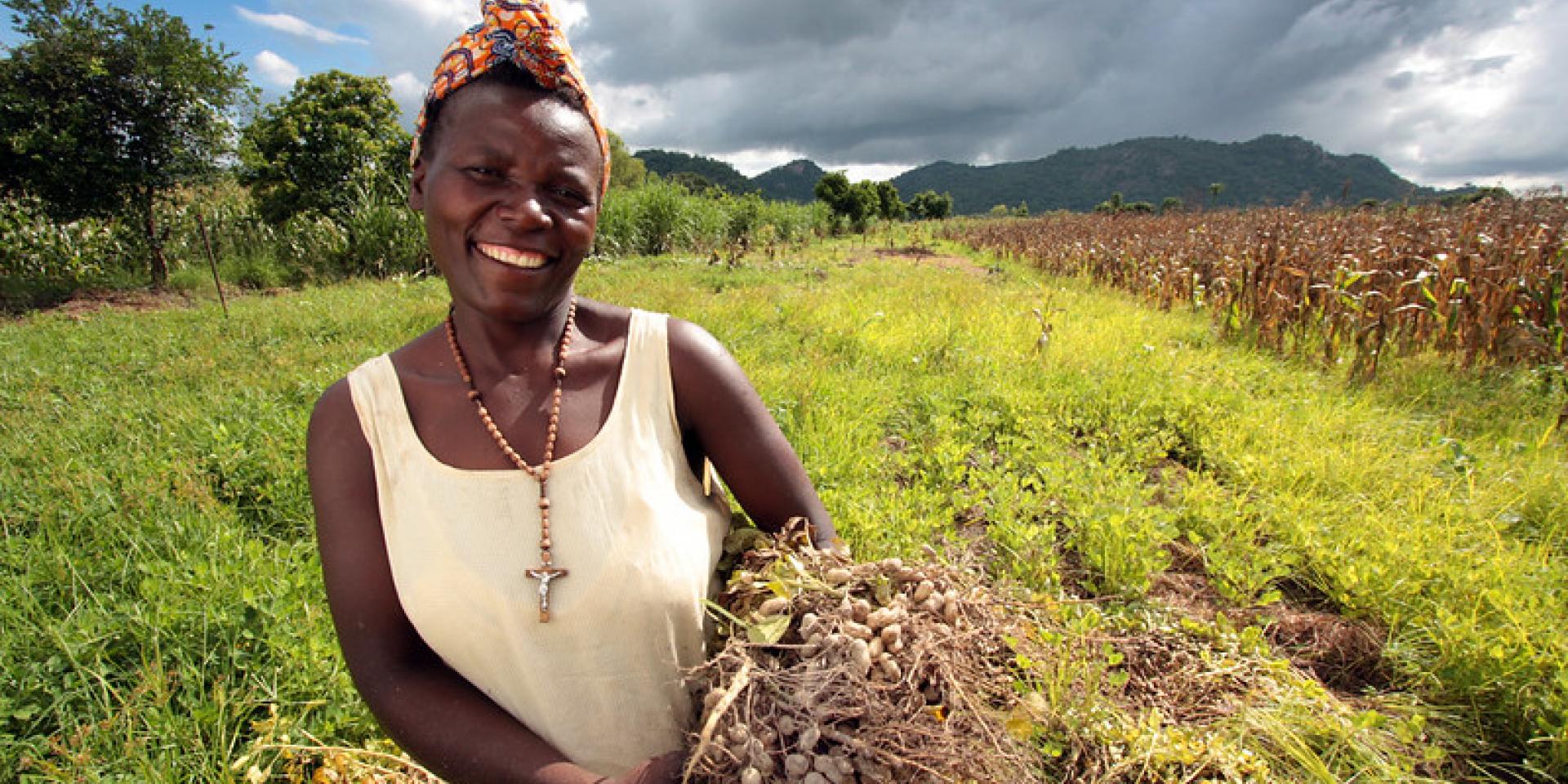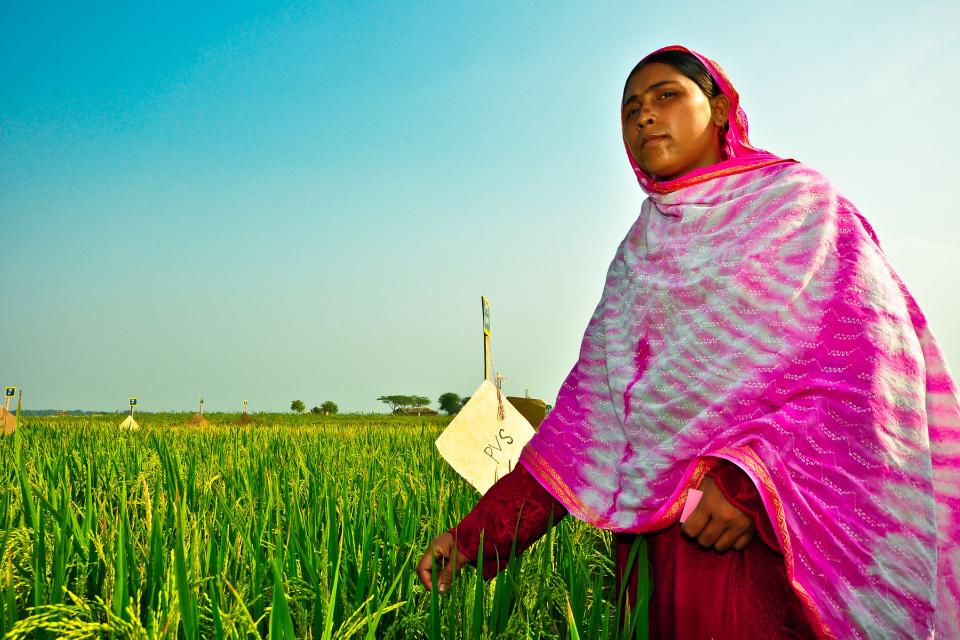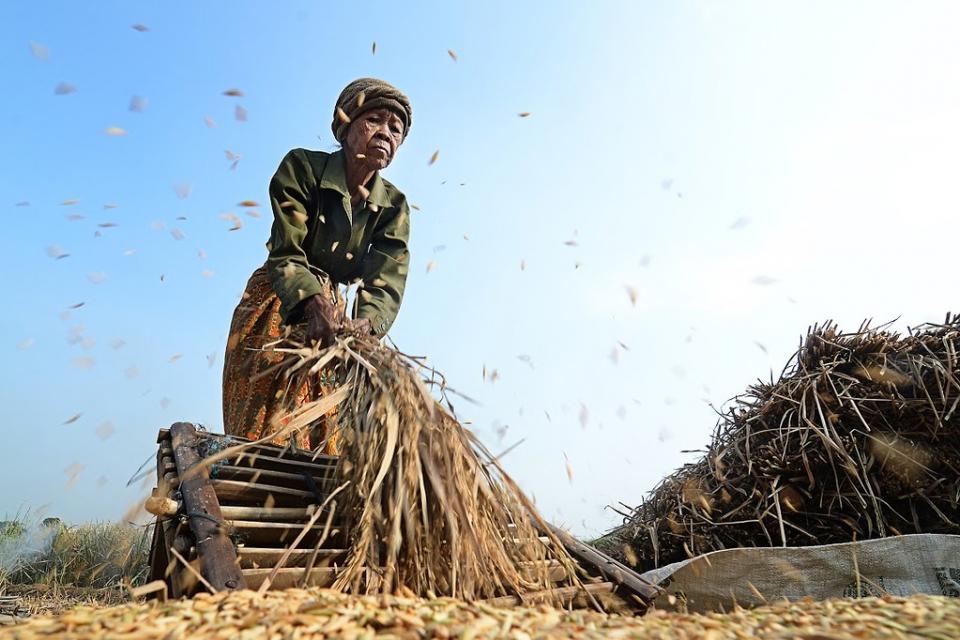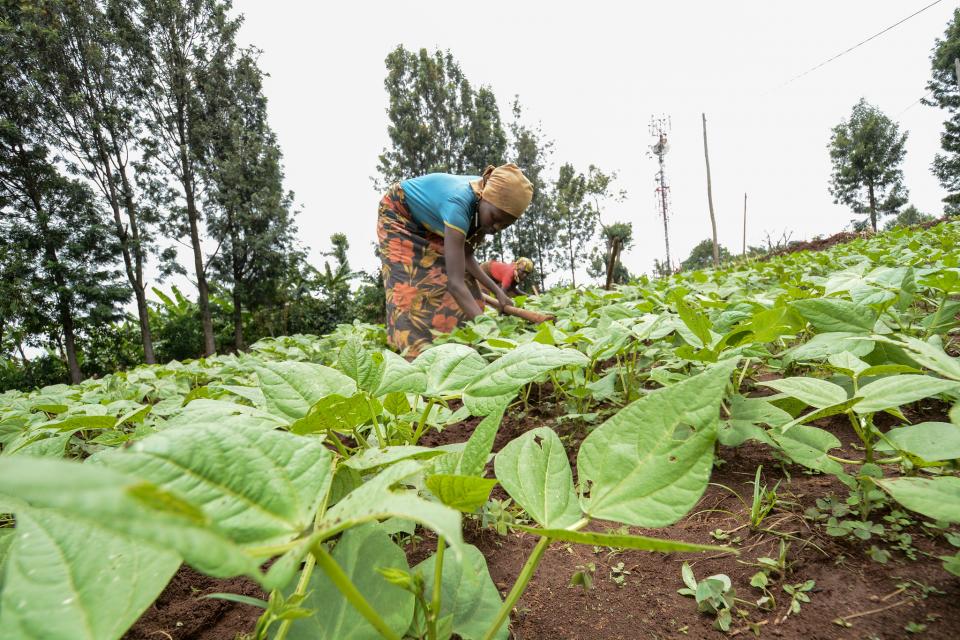Why Africa Should Prioritize Gender-Responsive Climate Solutions
 David Brazier/IWMI
David Brazier/IWMI
Ahead of COP29 slated for Nov 11-22, 2024 in Baku, Azerbaijan, Senior Gender Specialist at the Consultative Group on International Agricultural Research (CGIAR) Dr Eileen Nchanji, said Africa should prioritize the implementation of gender-responsive climate solutions noting that there will be no climate justice without gender equality.
Dr Nchanji made the assertion while speaking at the first of two virtual climate change media cafés christened The Road to Baku 2024 i.e the 2024 United Nations Climate Change Conference of Parties (UNFCCC COP29) – slated for Baku, Azerbaijan from 11—22 November 2024 – organized by the Media for Environment, Science, Health and Agriculture (MESHA), the Consultative Group on International Agricultural Research (CGIAR) and the International Livestock Research Institute (ILRI).
Dr Nchanji said it is high time for Africa to identify and prioritize specific gender-related climate issues by putting in place sustainable generational solutions.
“We have to act on our lived experiences because what works for Europe might not work for Africa. Our gender issues involve getting men and women on the table, having their voices heard, and having working policies that are being implemented not just mentioning gender (men, women, and youth), but with action points and measured impacts. At CGIAR, we are creating that change by co-designing information and co-developing innovations with farmers for them to have what they want and use for sustainable impacts.”
Dr Nchanji said despite agroecology being touted for adaptation and building resilience to the effects of climate change, gender implications should be addressed through fostering synergy, inclusion and equitable distribution and the use of technologies.


